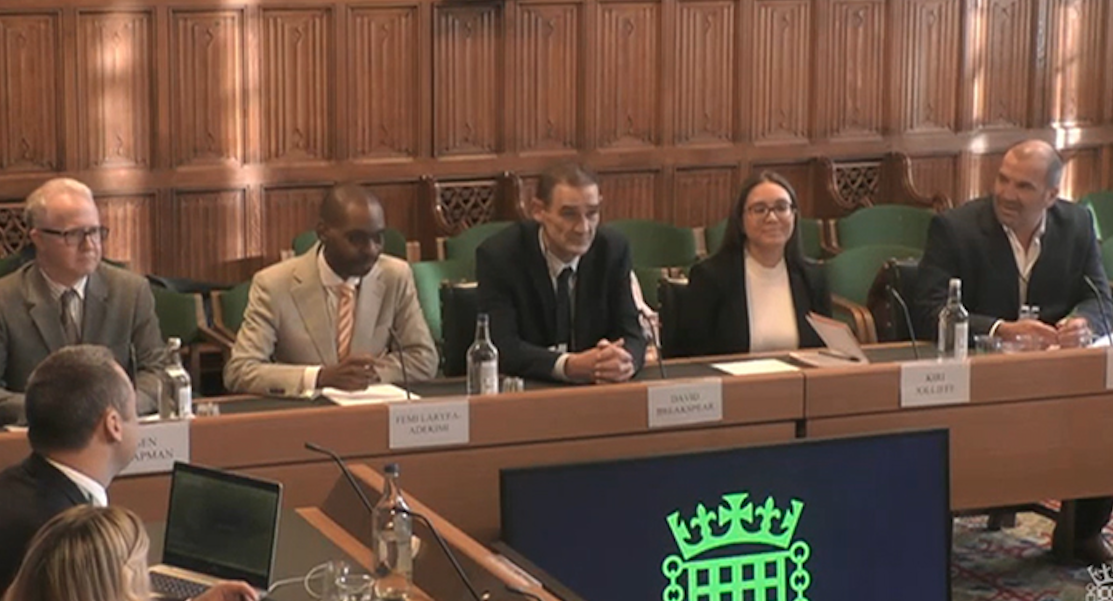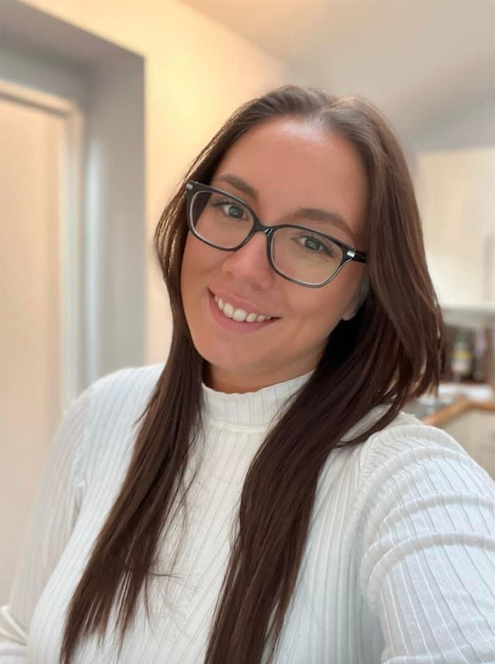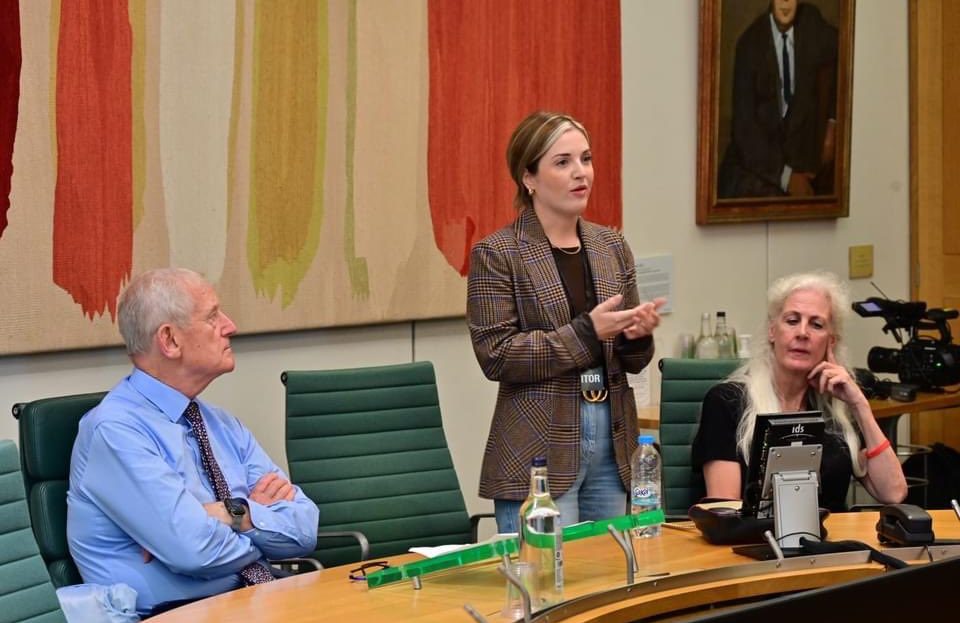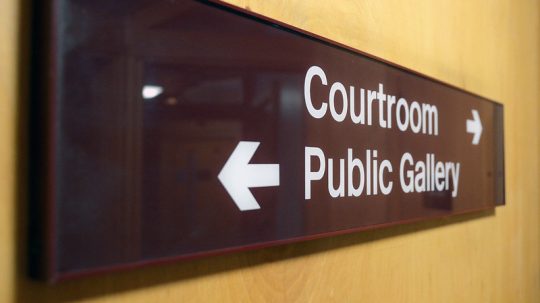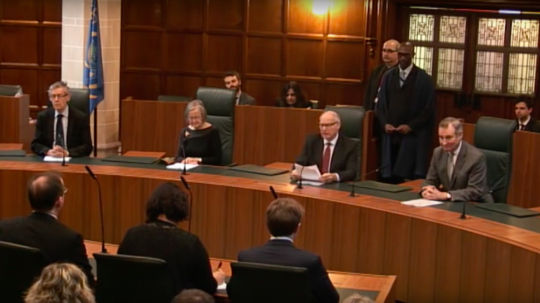At 21 years old Kiri’s life changed after she lent her car to a friend. The car was then used to steal another vehicle which was later connected to a murder. Although Kiri was not there and did not know about the crime, she was arrested and remanded in custody. Kiri spent almost seven months in custody before a no-case-to-answer submission was made and Kiri was acquitted. This is her story.
Think about a time where you have picked up a friend. But prior to collecting them, they have committed a violent act. It can be implied that in collecting your friend from the scene, unbeknown to you, you have assisted them by helping them flee the scene. This is a ‘joint venture’ and therefore you are a liable accomplice – under the law of joint enterprise, you are just as guilty as your friend is.
“You knew I wasn’t even there”
Thursday 12 September 2019 – armed officers came into my parents’ property and arrested me at gunpoint for conspiracy to commit murder. Honestly, I was dumbfounded. My recollection was that I showed no emotion – I was in a world of my own. I was then put into an unmarked Vauxhall Corsa, then taken to the police station.
After hours of being interviewed in the police station, I was taken to the front desk, where I thought I was going to be told I could go home. I walked into a semi-circle of plain-clothes officers and was told I was being arrested.
After I confirmed I understood, I was charged. I looked at one of the officers, who happened to be one of those who had interviewed me, and I said in what I remember to be a shaky but calm voice – “You knew I wasn’t even there.” He shrugged and looked away.
The lady who charged me advised that it was a busy night and that I wouldn’t be able to call anyone – I disagreed and said I would like to call my parents. I was allowed a one-minute phone call, but it would be terminated if I spoke about my charge. My dad answered the phone and placed me on speaker. My parents were crying. Somehow, they had already learnt of my charge – it seemed the police had ‘let it slip’ as they forensically searched my parents’ house. I told them that I loved them and was returned to my cell to await my court hearing the next day.
I was scared. It all went by in a blur – I remember when I was taken into Birmingham Magistrates Court. I had to look up and behind me to see into the public gallery. My parents and baby brother watched my back as I confirmed my name, date of birth and address to the magistrate. I was advised this was not a matter for this court and I was to remain in custody until Tuesday 17 September where I would stand before the crown courts to just be remanded again. I looked behind and up to my parents – my mom could not control her emotions and practically screamed the whole time. I made eye contact with my dad, and he mouthed: “You are strong, you will be okay.” I nodded slightly and was taken away.
I spent almost seven months in prison for a crime I did not commit
When I was taken to prison, it was extremely late – easily around 9 or 10pm on a Friday. I hadn’t cried or had shown any emotion up until I met with a nurse who was taking my blood pressure and doing whatever else she needed to do. She looked at me and asked whether I felt suicidal, as she assumed that I would be feeling this way. Her statement shocked me, so much so, that I didn’t even say anything. All of a sudden, she started to hand me tissues from the box on the opposite side of her desk. I was crying – I hadn’t even noticed, let alone known how long I had been crying for.
I was allowed to phone one number, as you are provided with a small amount of credit when you come into prison. I called my parents. Again, I cannot recall what was talked about, but it did not last long. I was taken to my cell – number 13 – and started my prison life.
Throughout the almost-seven months I was in prison, I had three bail applications – one is ‘normal’ but three is almost unheard of. Judges would repeatedly ask prosecuting barristers “Where is the evidence,” because there simply was none.
The story of the part I played would often change. I was accused of drug dealing. The court was told further investigations were being carried out and it was likely I would face charges. They never surfaced. I felt like it was all a ploy to keep me in prison – to show to the court I was a conspirer in more than one way. It was a fabrication – one that I felt was allowed.
Halfway into the trial, on Wednesday 11 February 2020, my legal team and I sat in the court cells to speak briefly before we went up to court. I read the ‘no case to answer’ submission that had been prepared and written by my defence counsel and was thankful that this was even being taken into consideration. The whole trial, the court was packed – it overflowed. There was easily over a hundred people. There were often issues with seating in the public gallery as so many people were trying to come in. My submission was read to the court, as was the submission for my female friend. The prosecution said their part. The judge almost immediately asked the prosecutor to direct his arguments to him about me. We were adjourned as my friend screamed as she realised this was not the end of the road for her.
I was taken back into court on my own. I could feel eyes on me. I was shaking – the lady who had escorted me for the whole four weeks held my knee in reassurance. After some back and forth between the prosecution and the judge, I slowly realised, the judge was not agreeing with the unjust arguments the prosecution was presenting. He kept saying: “I understand what is being suggested, show me the evidence.” My solicitor looked at me and smiled. I knew what was coming before it had even happened.
The judge dismissed the case following my half-time submissions of no case to answer. I looked at my parents, locked eyes with my dad and said so timidly, “Dad, I am coming home.” Before the words had even left my mouth, the prosecution exercised the right to appeal, and the judge advised the 24 hours started now. I was going back to prison. All my excitement left me.
The next morning, I went to court and was held in the cells until the very last minute. I was taken to court alone and heard that the prosecution was not appealing. That was finally it. I was going home. The judge bailed me as I needed to attend court the next day for the jury to be directed to find me not guilty. I went home later that day.
The “You wouldn’t have been arrested for no reason” myth
A question that comes up with joint enterprise is: “But what did you do?” The long and short of my actions are this – my female friend, who was also arrested and charged, used my car to assist in stealing a car. That stolen car was then used when a murder was committed.
Taking my ‘actions’ out of the context provided by the prosecutors and placing them into factual context, I let my friend borrow my car which was not out of the ordinary. I then went with her to drop a lad she was seeing home. Throughout the evening, we decided to go out for cocktails as it was student night. The lad she was seeing came with us and he brought a friend with him.
How can this lead to being arrested?
Although it was not me driving the vehicle at the time and I was not aware of the plan to steal a car, it was argued that I could not disprove that I was unaware my car was being used for the purpose of stealing another. My female friend, at first, did not disclose it was her driving and not me – so at the point of being charged for the crime, the police and CPS were under the impression that I had planned and drove my car to then steal another.
The second part of my actions were that on the day of the murder – which was two days after the theft of the vehicle – I was in my car (with my female friend driving) when she dropped a male to his home, later that evening, and I was in the car again when she collected the male. Due to this, it was the view that I could not disprove the conversations that were taking place in the car – there must have been some communication regarding the act that was going to take place, or communication regarding the act once it had taken place. It was of the CPS’s view that I was therefore assisting and encouraging the individuals to commit the crime.
Joint enterprise is unjust. It must stop
Since being charged for such a heinous crime, and subsequently placed on trial so visibly, I am attempting to push joint enterprise into the public’s eye, by sharing my story and helping others understand the simplicity and ease provided to create fabricated stories on the basis of potentially innocent actions.
My hopes are that one day the law will be changed and that joint enterprise will no longer be used in the justice system, and that those currently in prison for crimes they did not do are freed.
The views expressed in this article are those of the author and do not necessarily reflect the views of EachOther.
About ‘The Inspired Source’ Series
This series is part of our work to amplify the voices of aspiring writers that are underrepresented in the media and marginalised by society. Each piece examines a human rights issue by which the author or their community is affected. Where possible, authors outline a position on how we might begin to address the issue. Find out more about the series and how to send us a pitch on this page.

